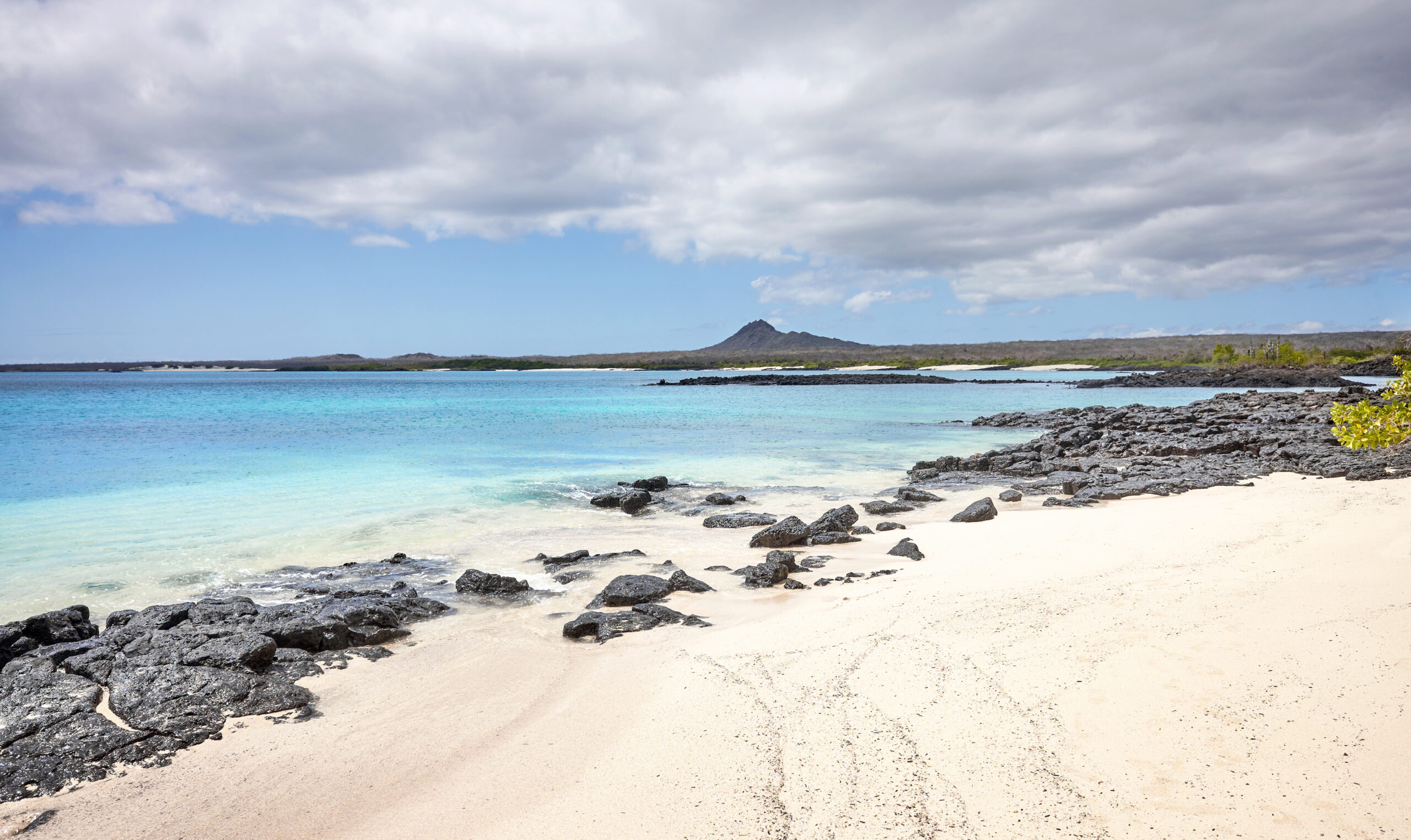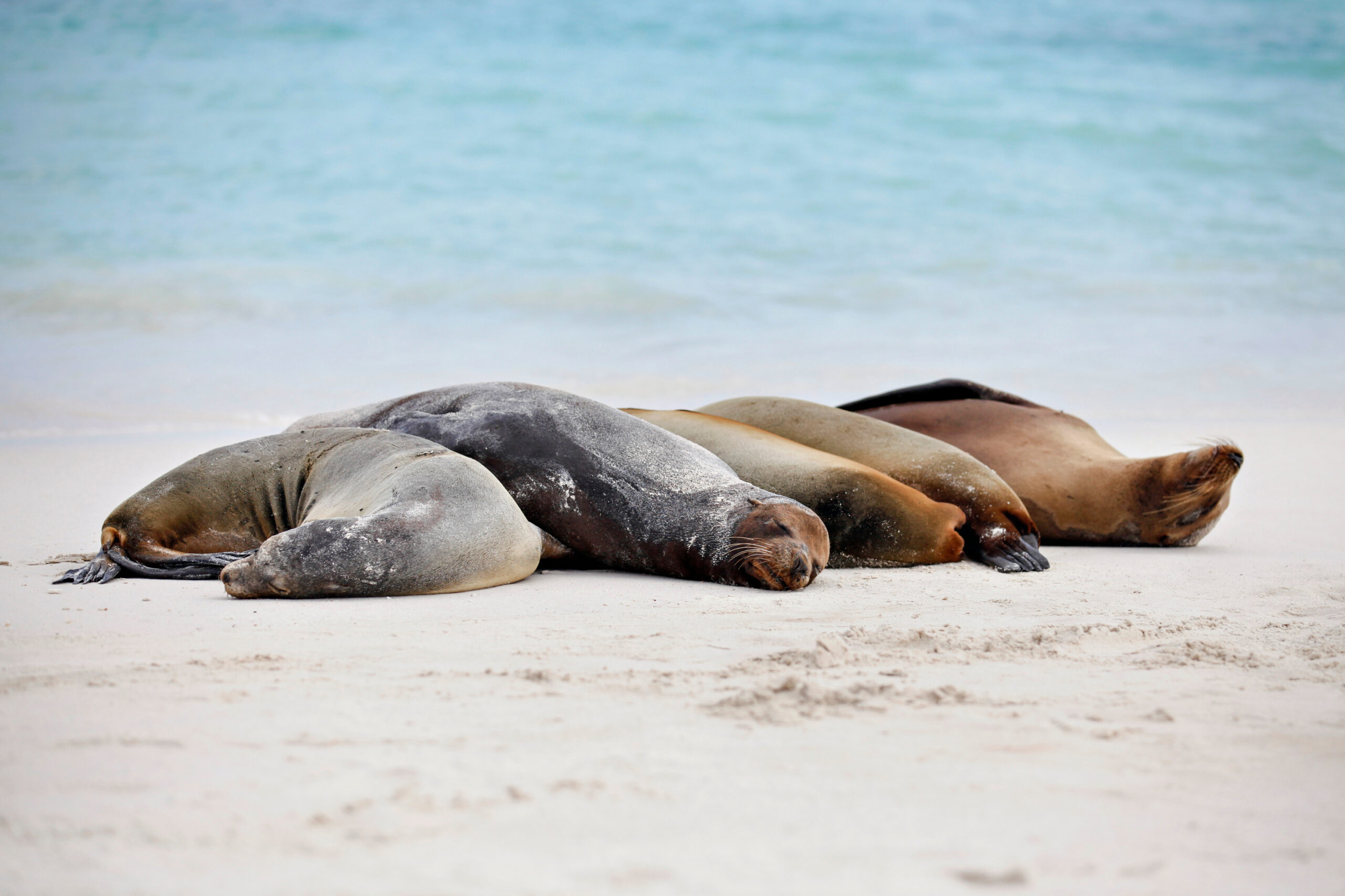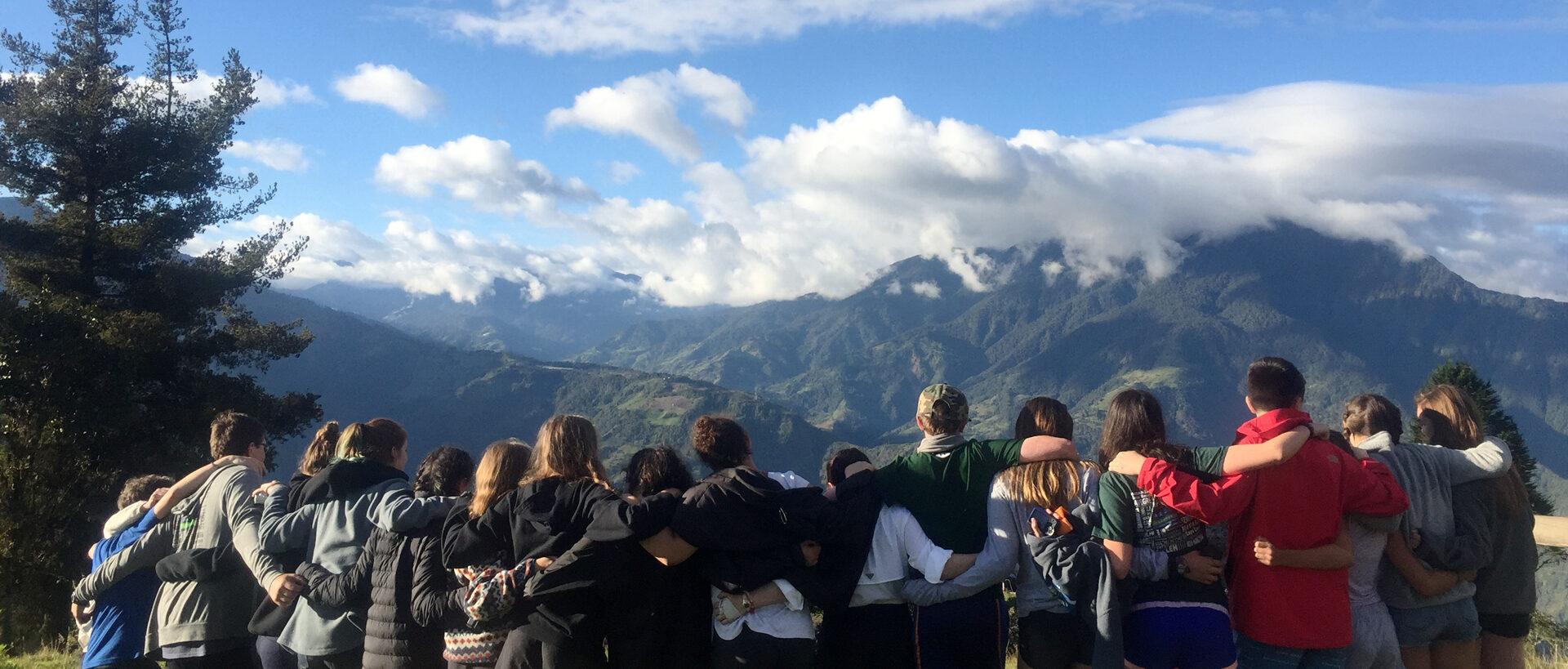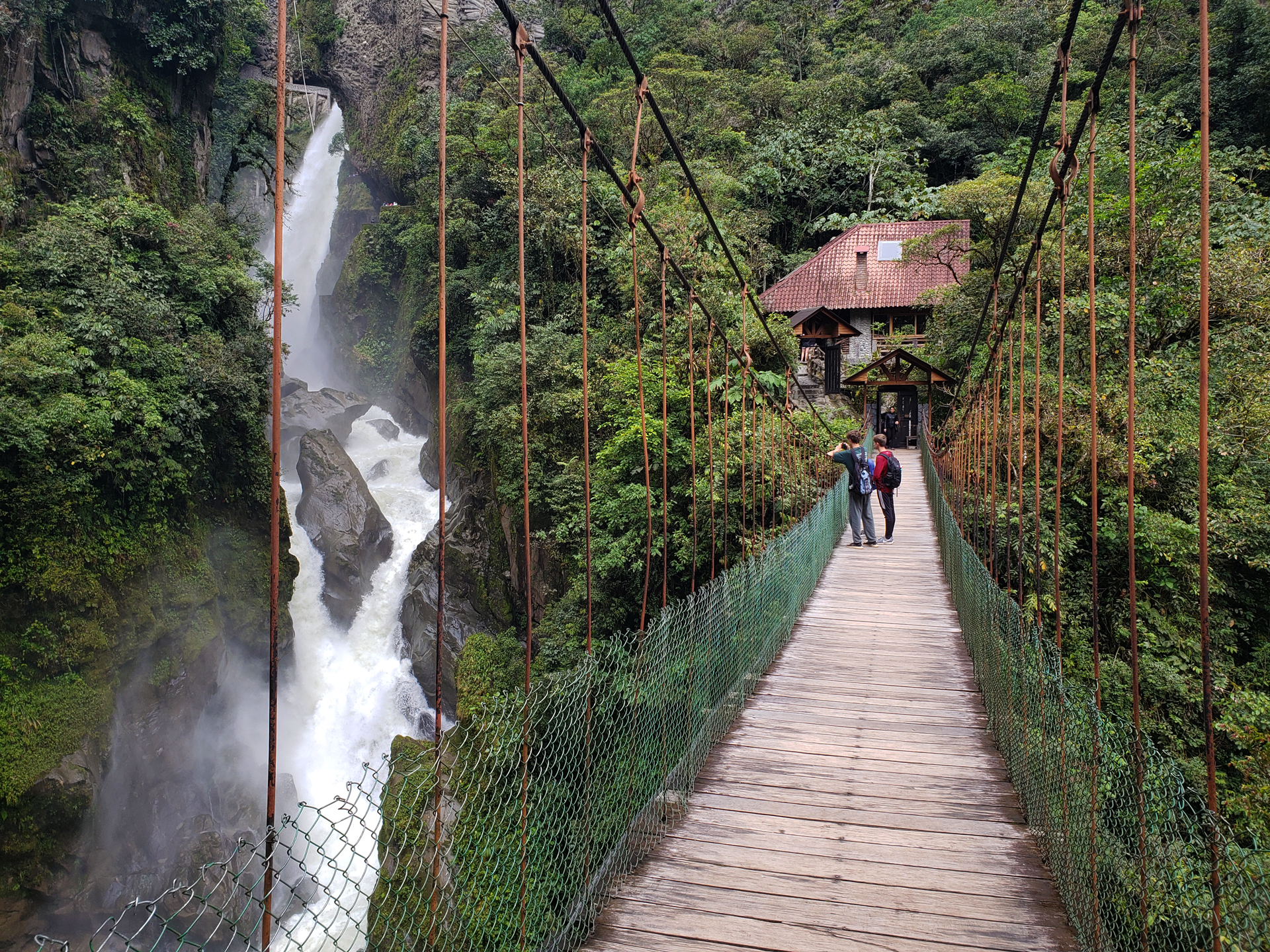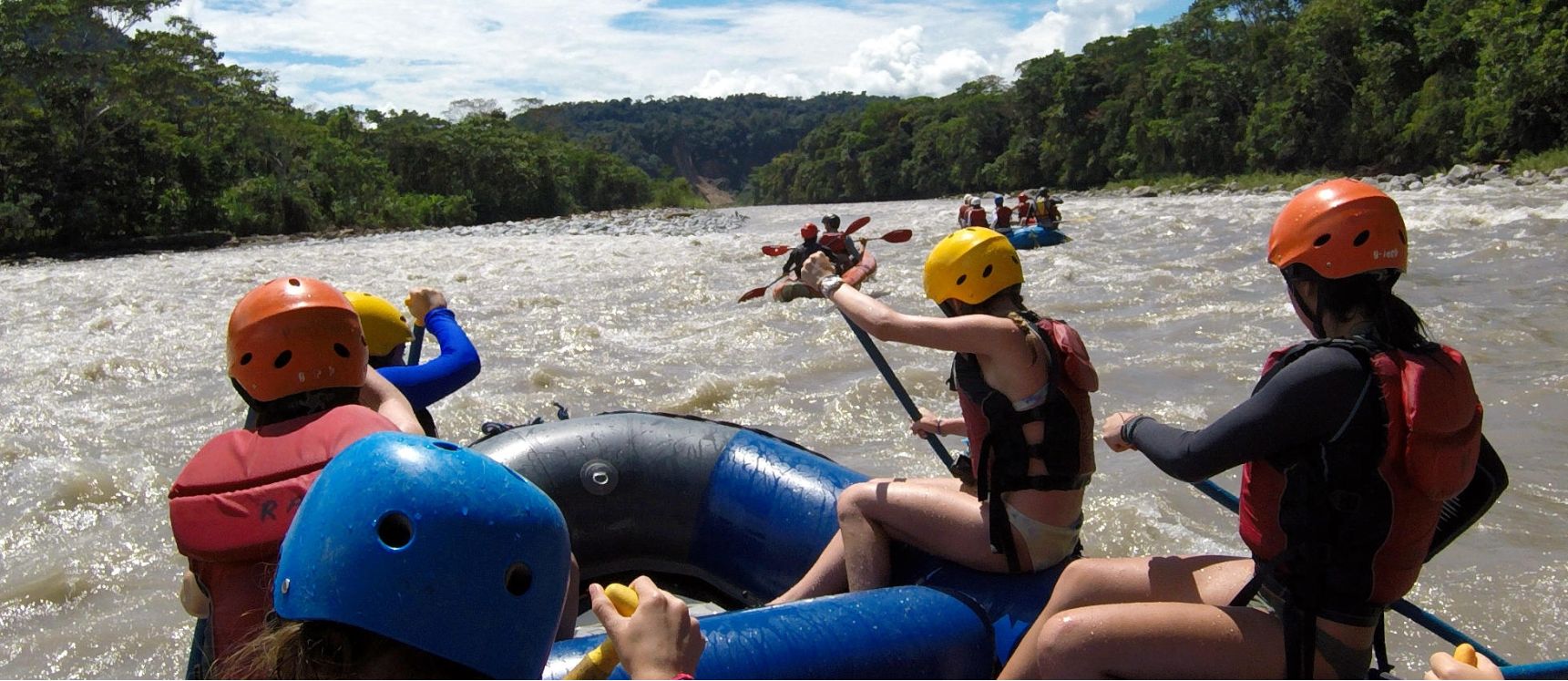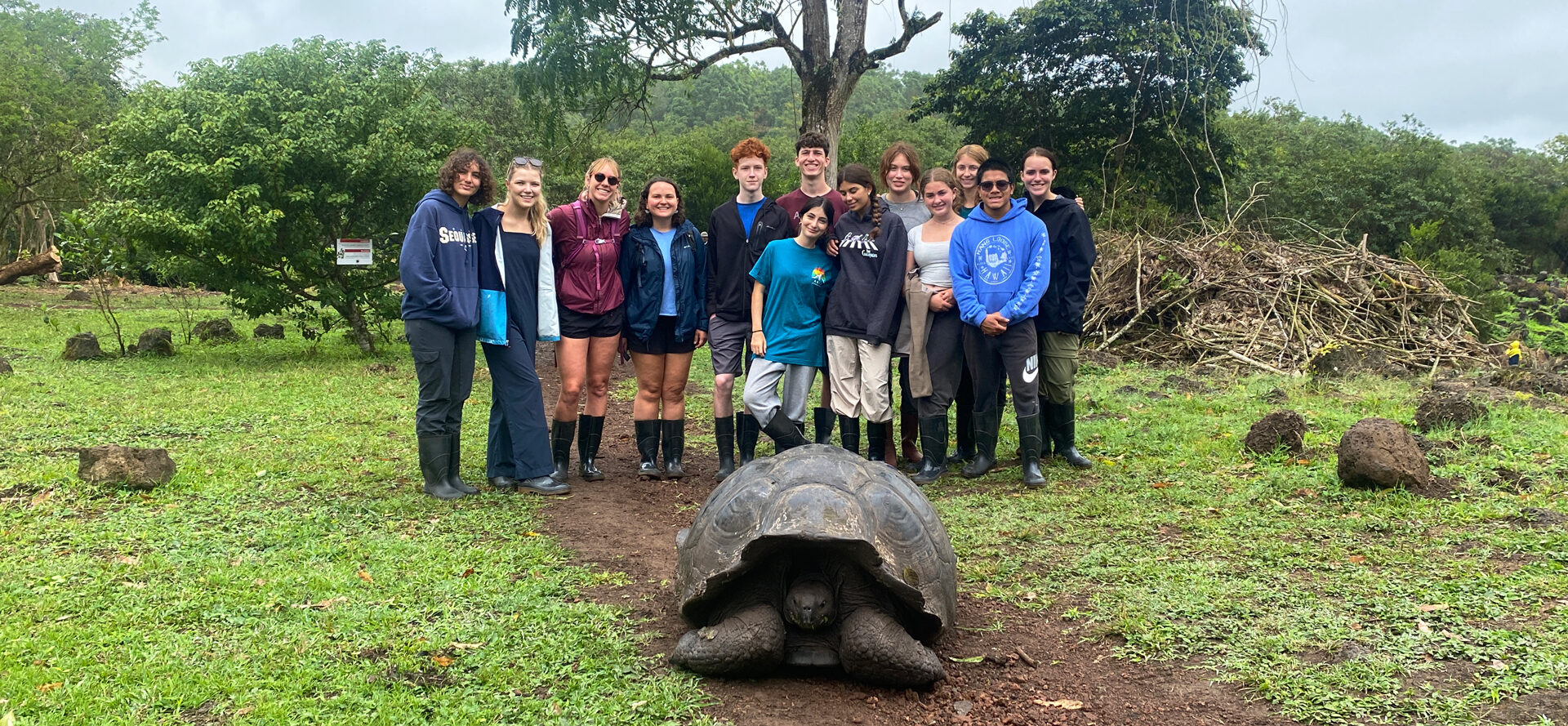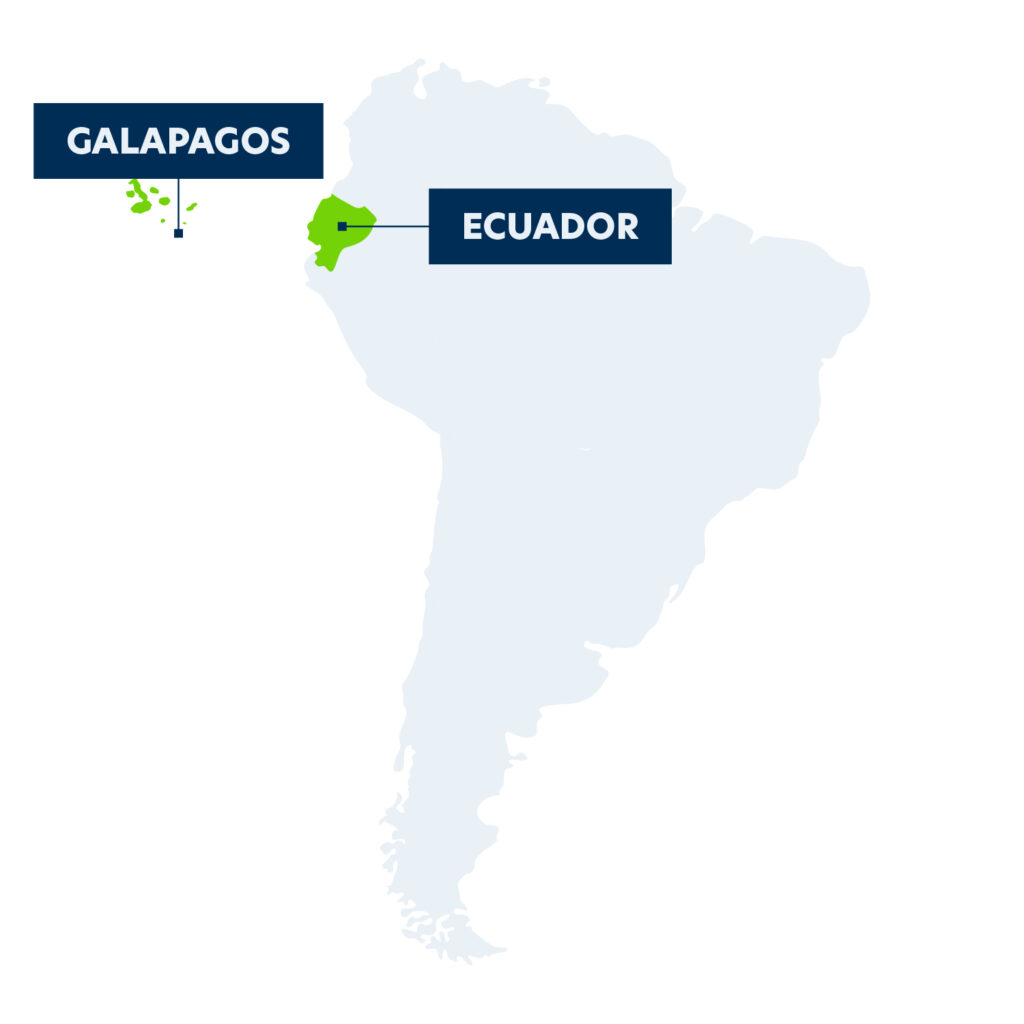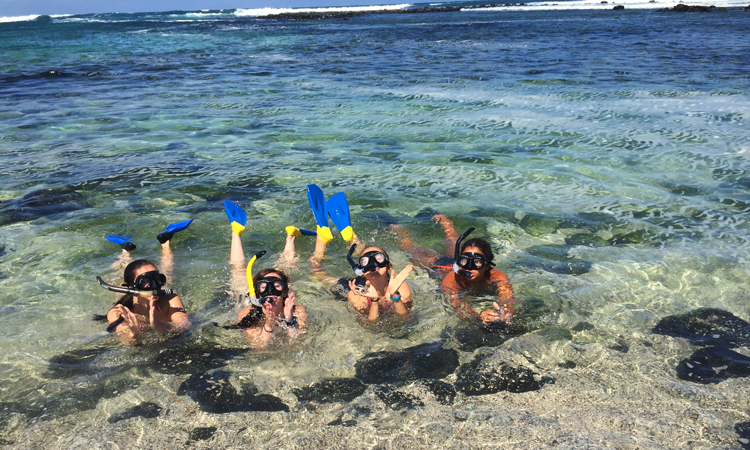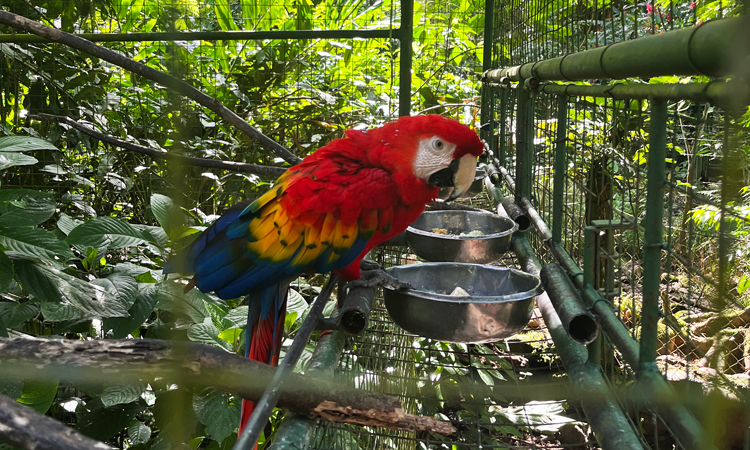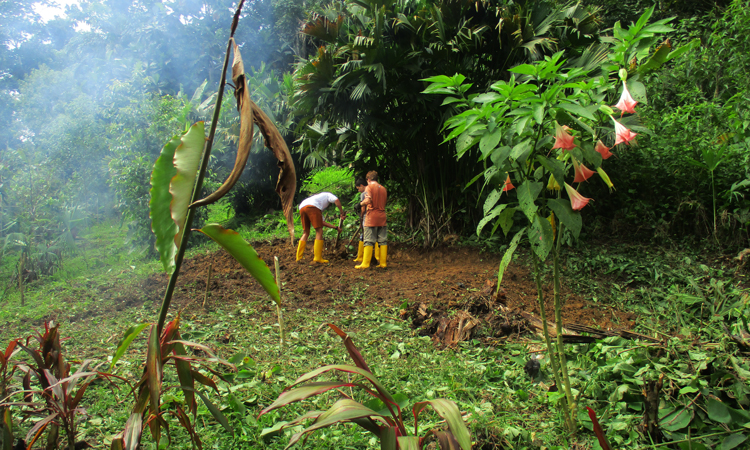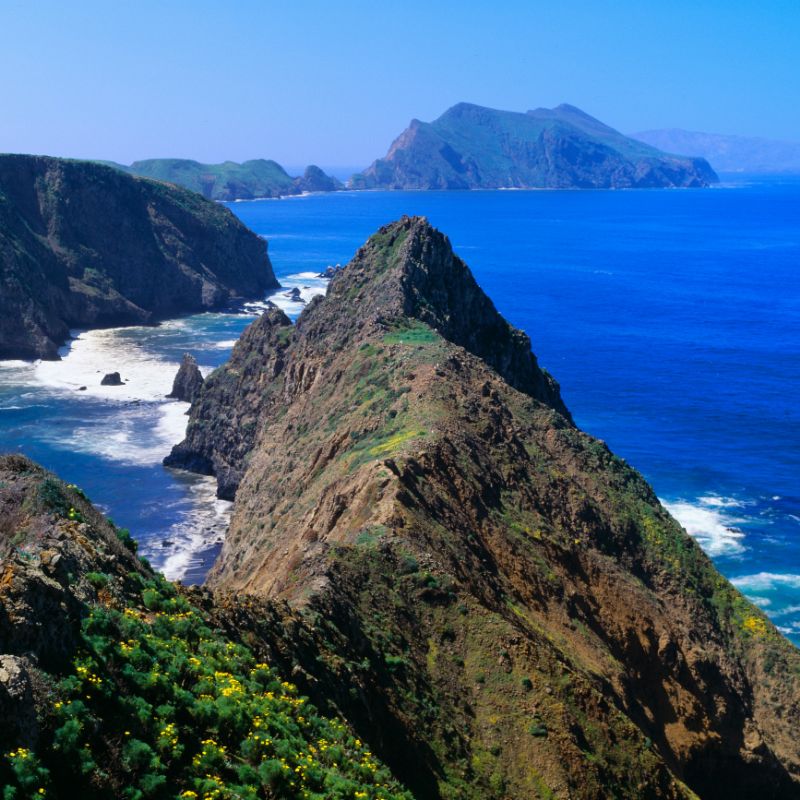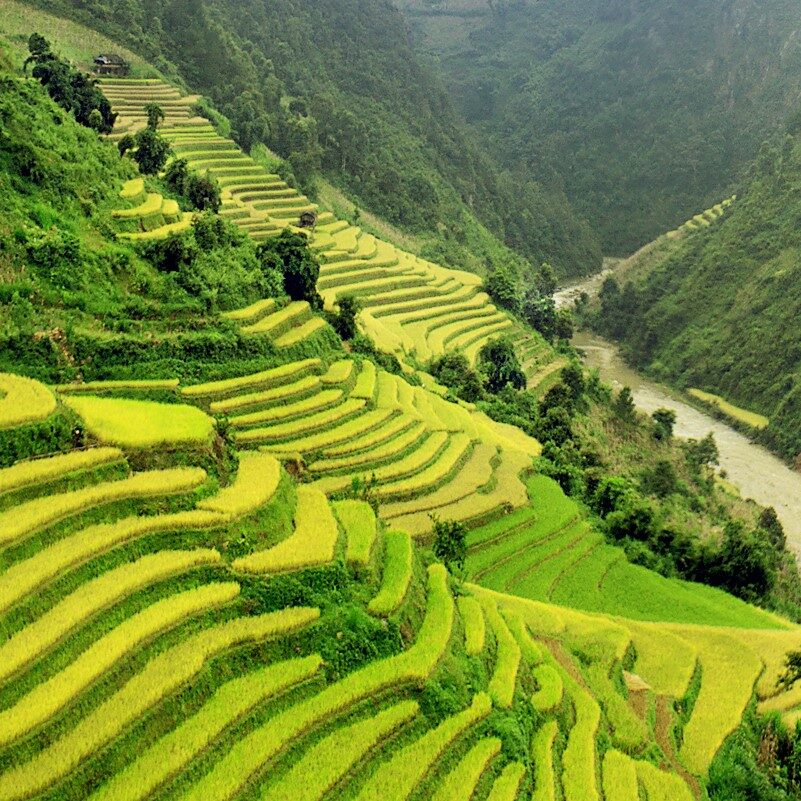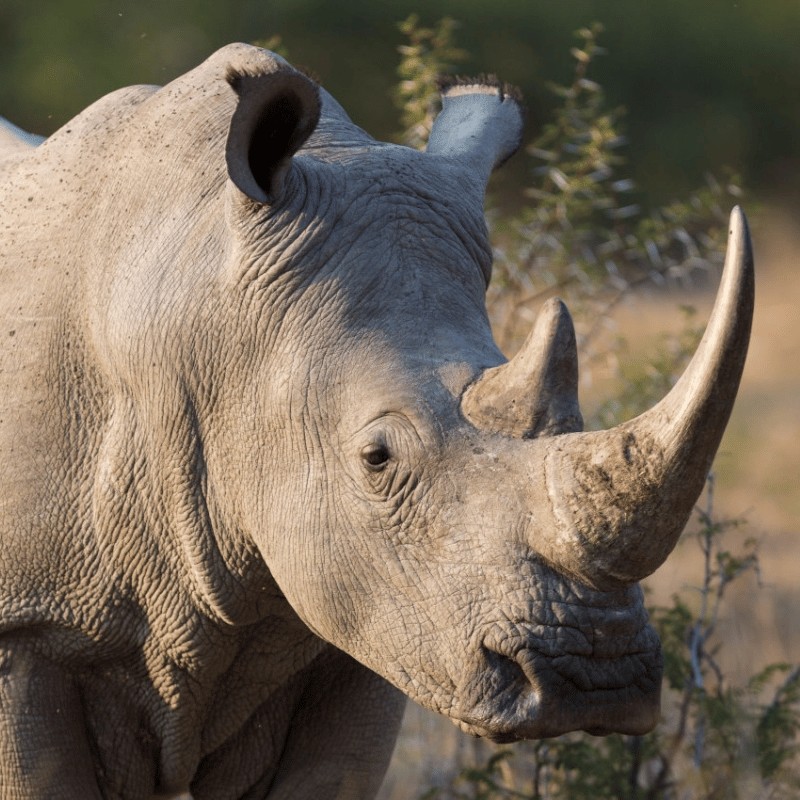Set out on an 18-day journey through Ecuador’s most spectacular ecosystems, from the dense rainforests of the Amazon to the extraordinary Galápagos Islands. This adventure combines the excitement of outdoor exploration with meaningful conservation service, offering a unique perspective on Ecuador’s incredible biodiversity. Whether you’re replanting trees in the Amazon, caring for wildlife rescued from illegal trafficking, or snorkeling alongside sea lions in the crystal-clear waters of the Galápagos, each experience fosters a deeper understanding of global conservation efforts. Along the way, zipline through misty cloud forests, raft through Amazonian rapids, and explore the history and culture of Quito. Every moment provides a chance to contribute to the preservation of some of the world’s most precious ecosystems.
Ecuador & Galápagos
Animals of the Amazon
18 days
Trip duration
9th – 12th
Grades
18 days
Jul 16 - Aug 2, 2025
Miami, FL
Arrival & Departure
